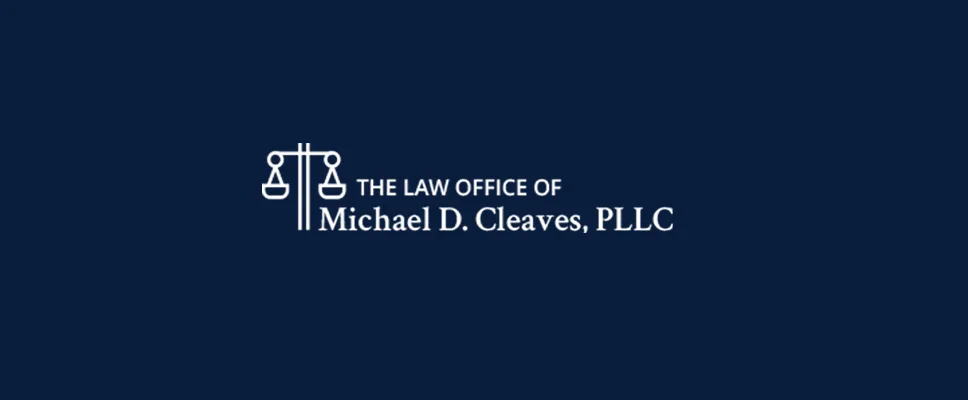The good and bad news about a DUI and your college budget

The good and bad news about a DUI and your college budget
For many North Carolinians, obtaining a four-year college degree is one of the more effective ways to achieve the American dream. After all, according to the U.S. Bureau of Labor Statistics, individuals with a bachelor’s degree tend to earn about $900 per week more than workers without one.
While the financial benefits of pursuing higher education are clear, paying for college can be difficult. Regrettably, a conviction for driving under the influence of alcohol may make budgeting for your bachelor’s degree even more challenging.
The good news
If your family falls within certain income guidelines, you may qualify for government-backed grants, loans or work-study funds. Fortunately, you do not have to disclose a DUI conviction on the Free Application for Federal Student Aid. Unless your conviction involves other legal infractions, such as possession of drugs, you are not likely to lose your federal financial assistance.
The bad news
Depending on where you choose to go to school, your government-backed financial aid package may not cover all your tuition, fees and other academic expenses. If you receive private scholarship funds, a DUI conviction may result in an immediate suspension or revocation of your scholarship. The same may be true if you participate in an on-campus group that pays students a stipend.
To know whether you stand to lose your private financial aid, you should check the program’s code of conduct or the scholarship’s rules. Ultimately, though, even if you lose some financial aid, knowing you are likely to keep your government-backed funds may help you minimize the consequences of your DUI arrest and conviction.
Get In Touch With Us
Fields Marked With An “*” Are Required
© 2025 The Law Office of Michael D. Cleaves, PLLC • All rights reserved.


